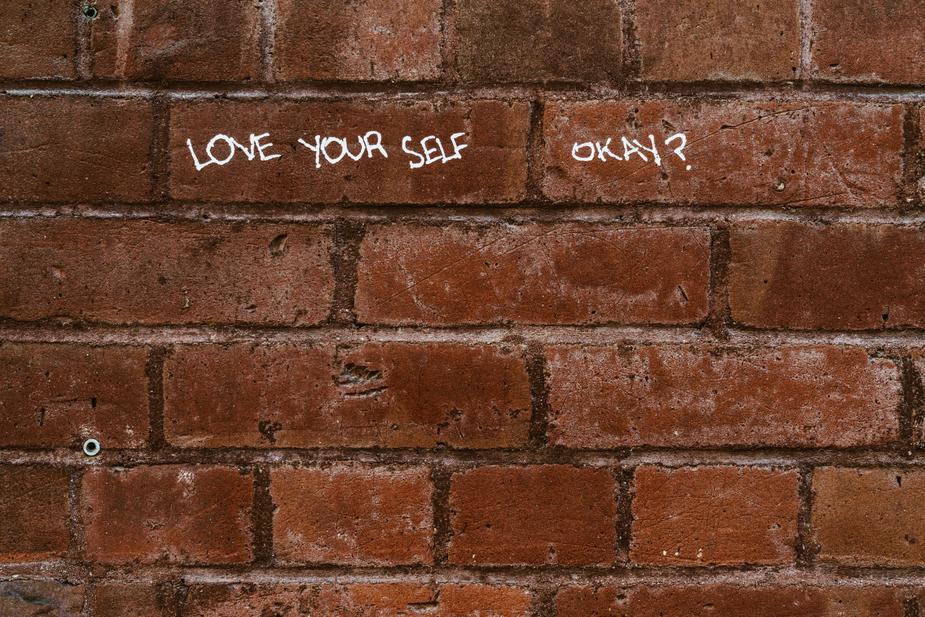I am in constant pursuit of being a good partner to myself. If you are my client, you have certainly heard me use this idea in our sessions. The theory: More important than our relationship with any other person is our relationship with ourselves.
When I notice myself drifting into self-criticism, those “should” messages that always manage to make me feel inferior, I try my best to take pause and ask, “What kind of partner am I being to myself?” If I envisioned the communication I am having as a relationship between two people, I would see a partner who is looking for every fault in the other person (me), ruthlessly voicing all of her imperfections with a goal toward what? If the answer is to motivate them, strive toward something better, it certainly isn’t working. Those “not good enough” messages don’t empower me. They make me feel small and helpless.
Great. So I’ve identified I’m not only moving myself further from my goal, but I’m also not being a healthy partner to myself. The next step, I try to imagine what a healthy partner would say and do. I try to be a partner who encourages the other person, while validating that it’s difficult. Working together (with myself— yes, I know this sounds weird), I can figure out what my next steps are for any given situation. Often, the answer is to be accepting of the moment. I cannot change it as quickly as I’d like, and that doesn’t indicate my goals are meaningless, but it does require me to be kind to myself in the process.
Currently, I (like many people) am making a diligent effort to exercise regularly and eat healthier. This has been ongoing for the last year or so, but I have stepped up my methods and started going to the gym. At first, I felt inferior. I hadn’t been in a gym in years and my regular yoga practice had dwindled, and still didn’t give me the stamina for cardio or the strength for weights that I once had. The default reaction was to criticize myself. ”This is what you get.” “You probably look ridiculous.” “You don’t belong here.”
Ouch. The internal dialogue was not the healthiest and when I paused to ask what kind of partner I was being, I realized I was practically abusive. I had to stop and be kind and supportive. I had to be loving and provide gentle encouragement that met me where I was at, while giving me the support to push myself a little further. “This is what you get. A chance to get healthy.” “You can only do your best, and that can get better.” “Everyone looks silly at the gym.”
And the process is ongoing. My default negative thinking can find something else to gripe about and it’s only up to me to notice when that occurs. I must be a good partner to that voice too, so I don’t shame the negativity, because that is not at all effective. But I do gently acknowledge when it arises. Most of us have been trained to be negative with ourselves due to school and home environments that weren’t always ideal. It is also harder for some more than others. No matter our pasts, we must remind ourselves that we deserve better, especially from ourselves. We can change the negative messages to kind ones.
Welcome to my first blog entry. I’m doing my best to encourage my partner that is me to share her ideas through a new approach to a similar platform. I’m finding my voice and showing myself respect in so doing. Stay tuned for more thoughts on mental health and wellbeing.






